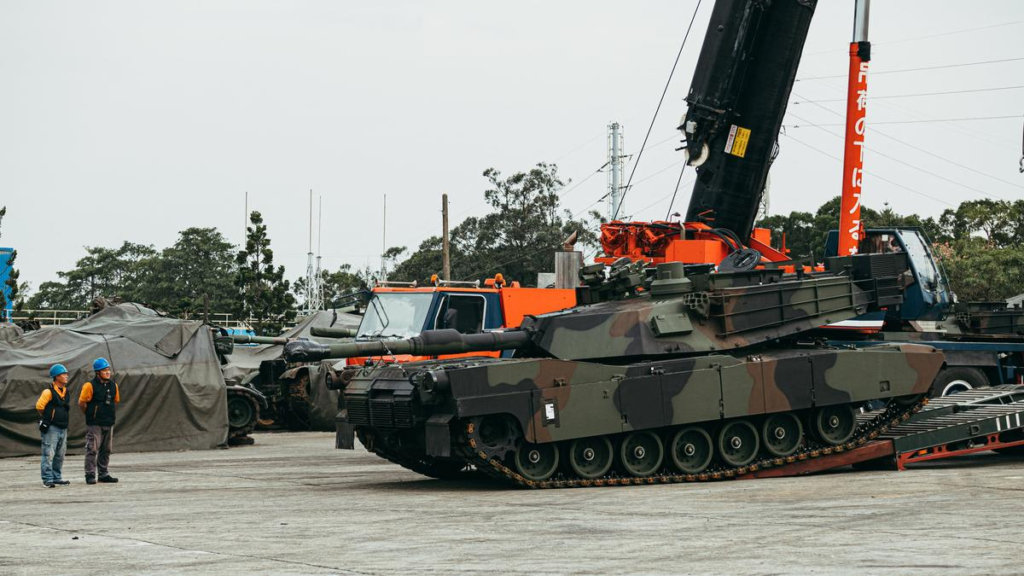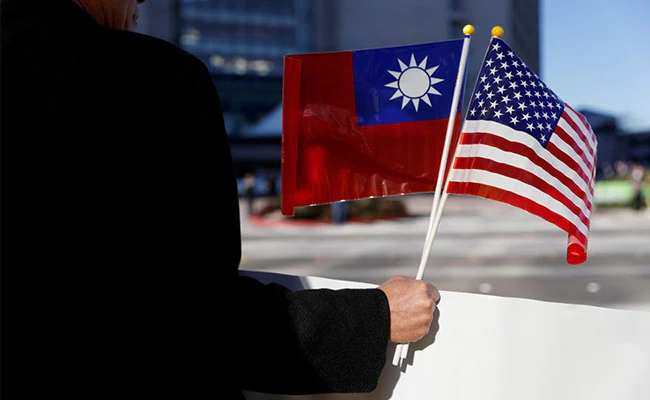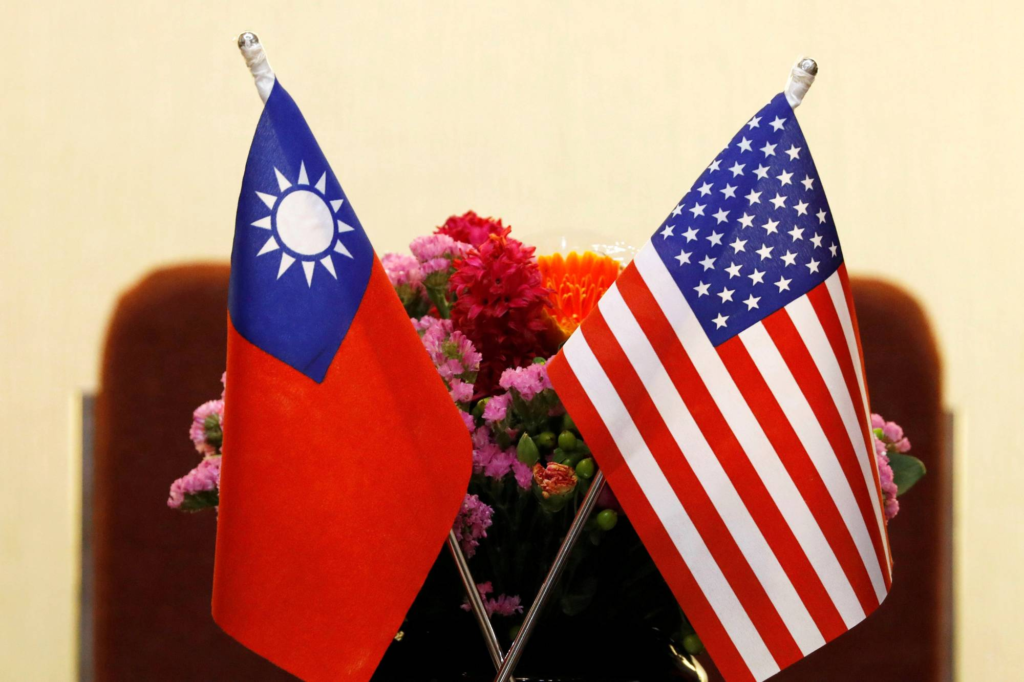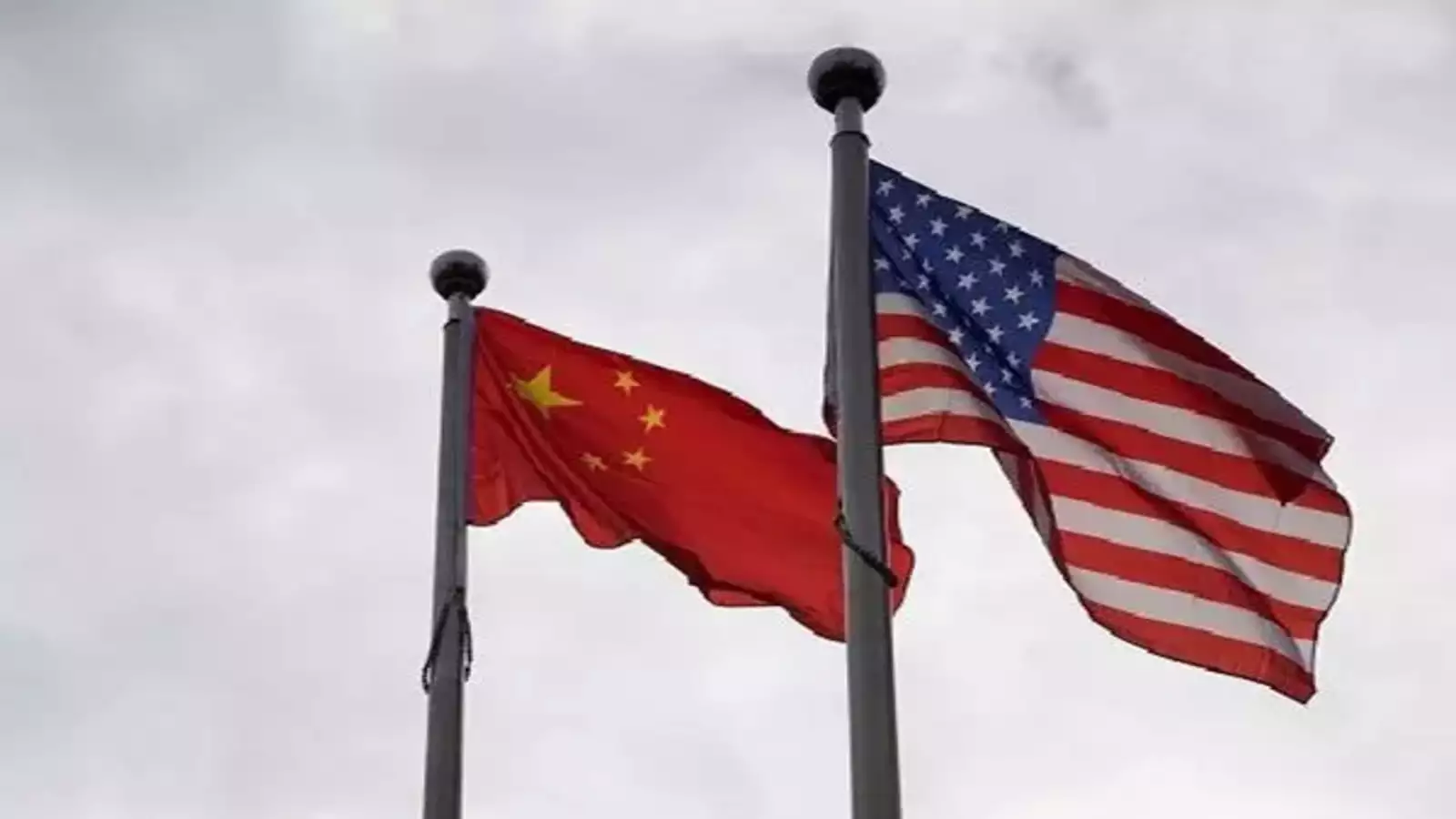The geopolitical tensions between China, Taiwan, and the United States have reached new heights following the latest American military aid and sales to Taiwan.
With President Joe Biden authorizing significant financial and material support, China has issued strong warnings, accusing the United States of destabilizing the region and “playing with fire.”
US Military Assistance to Taiwan: A Bold Commitment
On Saturday, US President Joe Biden authorized military assistance worth up to $571 million for Taiwan. This aid includes Defense Department material, services, and military education and training aimed at bolstering Taiwan’s defense capabilities.
This decision follows a similar authorization of $567 million in September, signaling a steady escalation of support for Taiwan by the US government.
In addition to this aid package, the US Defense Department announced on Friday an approval of $295 million in military sales to Taiwan. These sales include $265 million for around 300 tactical radio systems and $30 million for 16 gun mounts.
Read : Taiwan Gets World’s Most Advanced Tanks From US Amid Threat From China
These resources are intended to enhance Taiwan’s communication infrastructure and defensive capabilities, further empowering the island to deter potential threats from mainland China.
Read : China Warns US to Not Interfere in Detection of Boat Crew: Claims Taiwan
Taiwan, a self-governing democratic island with a population of 23 million, welcomed the aid with gratitude. The island’s Foreign Ministry expressed its appreciation in a social media post, affirming the US’s commitment to Taiwan’s defense and security. For Taiwan, this assistance is not just a financial boost but a clear statement of solidarity amid growing threats from Beijing.
China’s Response: A Stark Warning
Unsurprisingly, China’s reaction to the US’s military support for Taiwan has been fierce. The Chinese Foreign Ministry issued a stern statement on Sunday, accusing the United States of undermining peace and stability in the Taiwan Strait.
Beijing reiterated its long-standing claim over Taiwan, viewing the island as an integral part of its territory that must eventually come under its control, by force if necessary.

The Chinese government’s criticism reflects its broader concerns about US involvement in Taiwan. China perceives such actions as a direct challenge to its sovereignty and a provocation that could escalate tensions in the region.
Beijing has urged Washington to cease what it terms as “dangerous moves” that could lead to a destabilization of the delicate balance in the Taiwan Strait.
This latest protest from China highlights a recurring theme in US-China relations: the clash between democratic ideals and authoritarian control. While the US frames its support for Taiwan as a defense of democracy and self-determination, China sees it as an infringement on its territorial integrity and a threat to its geopolitical ambitions.
The Broader Implications for Regional Stability
The growing US-Taiwan partnership and the intensifying Chinese rhetoric have significant implications for regional and global stability. The Taiwan Strait, a narrow body of water separating Taiwan and mainland China, is a critical flashpoint in East Asia.
It is not only a vital maritime route but also a symbol of the broader struggle between democratic and authoritarian governance models.

US military assistance to Taiwan serves multiple purposes. Primarily, it strengthens Taiwan’s ability to defend itself against potential aggression from China. The aid and sales provide Taiwan with advanced technology and equipment, ensuring it can respond effectively to military threats.
Secondly, US support acts as a deterrent, signaling to China that any attempt to forcefully reclaim Taiwan would come at a significant cost. By equipping Taiwan with robust defensive capabilities, the US aims to discourage Beijing from launching military operations that could destabilize the region and spark a broader conflict.
However, the US’s actions also risk escalating tensions. China has consistently warned that external interference in the Taiwan issue could lead to severe consequences. The more robust and visible the US’s support for Taiwan becomes, the greater the likelihood of China responding with increased military maneuvers, economic measures, or diplomatic reprisals.

Taiwan, for its part, remains in a precarious position. While the US’s support is invaluable, it also places the island at the center of a global power struggle. Taiwan must navigate this complex dynamic, balancing its aspirations for self-determination with the realities of its geopolitical context.
The latest US military aid to Taiwan, totaling $571 million, has intensified the already fraught relations between China and the United States. While this support underscores Washington’s commitment to defending democratic values and deterring aggression, it also provokes Beijing, which sees Taiwan as an inseparable part of its territory.
As the situation continues to evolve, the world watches closely, aware that the Taiwan Strait remains a potential flashpoint for broader conflict. The stakes are high, and the actions of all parties involved will shape the future of regional and global stability.

